Have you ever seen a $2 bill? While not common in frequent cash exchanges, these rare dollars might be of considerable worth.
Those $2 bills are legal tender and can be used to buy anything from a car wash to that much-needed coffee. However, you might want to read this article until the end to see what your $2 bill is really worth. Let’s get into it!
Unlocking the Monetary Potential of the $2 Bill
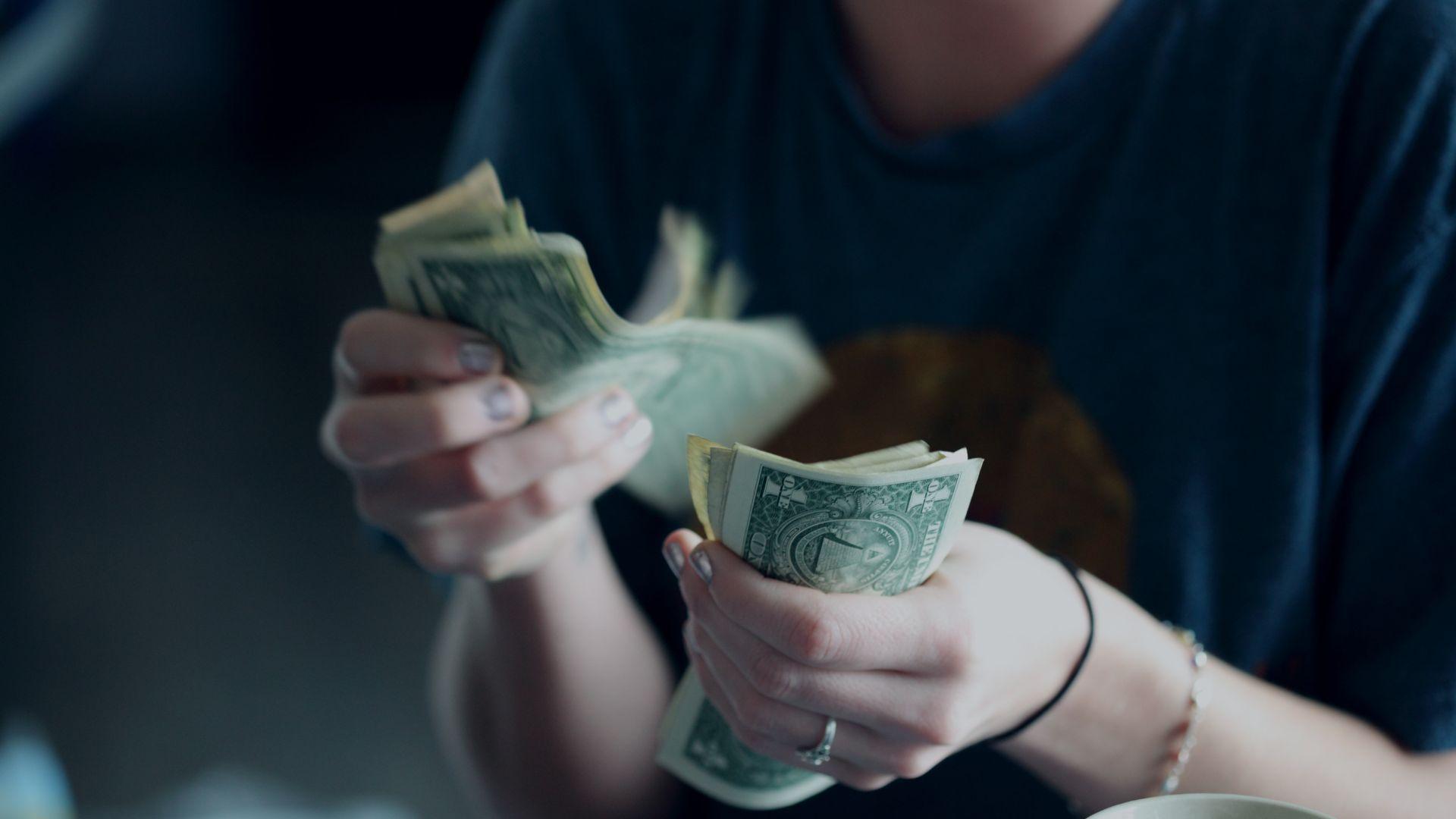
Believe it or not, certain $2 bills could be a treasure trove. Depending heavily on their issue date and preservation state, some of these bills can astonishingly fetch up to $20,000 in the collectors’ market, with ones printed in the 19th century being particularly sought after.
Heritage Auctions, one of the largest auction houses in the world that specializes in currency, recently sold a $2 bill from 2003 with a low serial number for $2,400. However, the value of that same dollar has only increased, selling again in 2023 for $4,000.
Why Are $2 Bills Valuable?
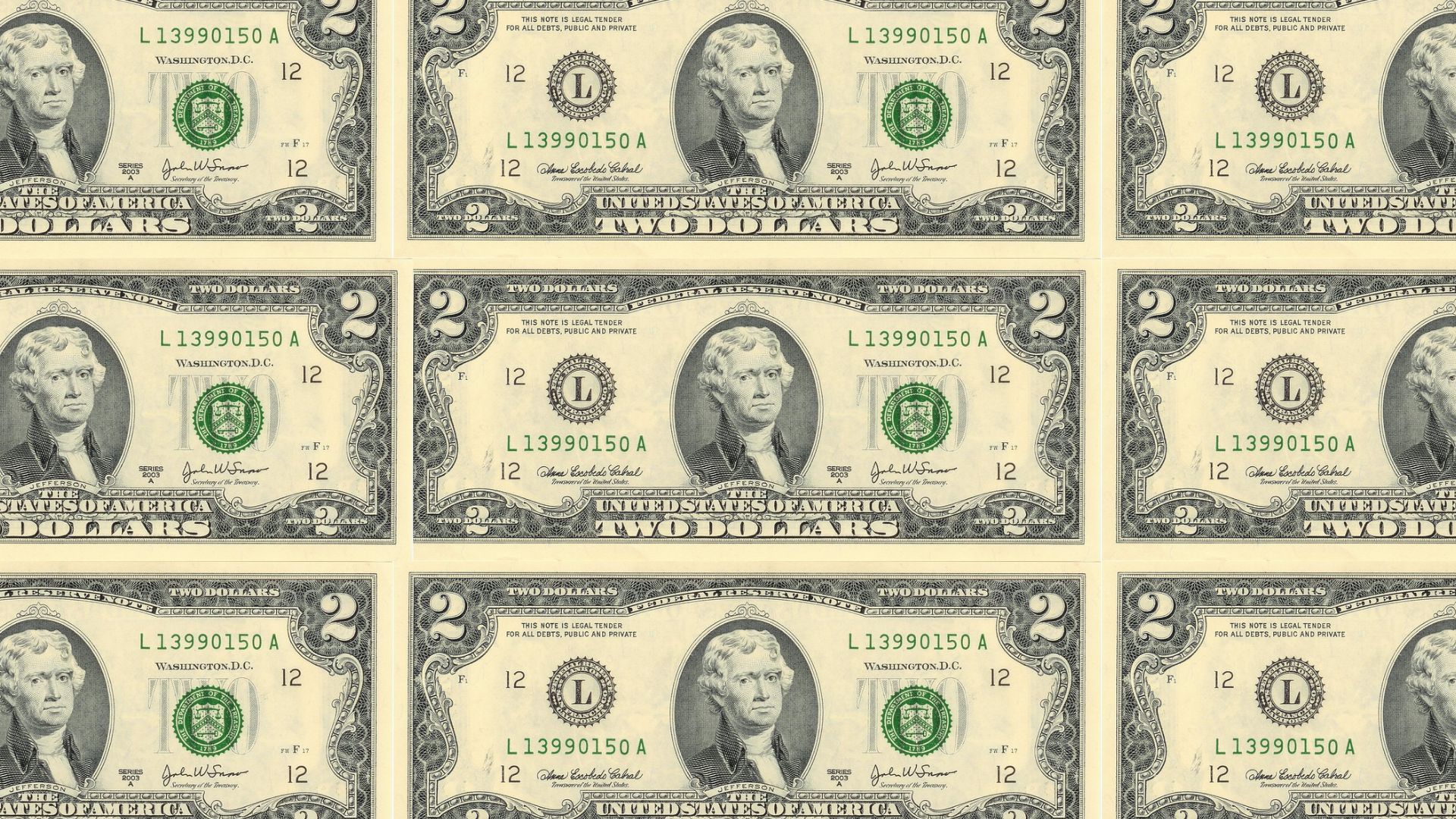
Many people are obsessed with holding onto particular bank notes, especially $2 bills. “Americans don’t spend $2 bills, because they think they are markedly scarce. However, the numbers tell us a different story,” Dustin Johnston, vice president of Heritage Auctions, told MarketWatch.
While there was a time when the bank note was out of circulation, $2 bills are still being made. In the last five years, 100 million $2 bills were printed. Why do we think they’re valuable, then? It could be because people don’t see the $2 bill often, and the oddity around it makes the bank note feel special and valuable. There is also an old belief that $2 bills are a sign of bad luck.
Tracing the Rich History of the $2 Bill
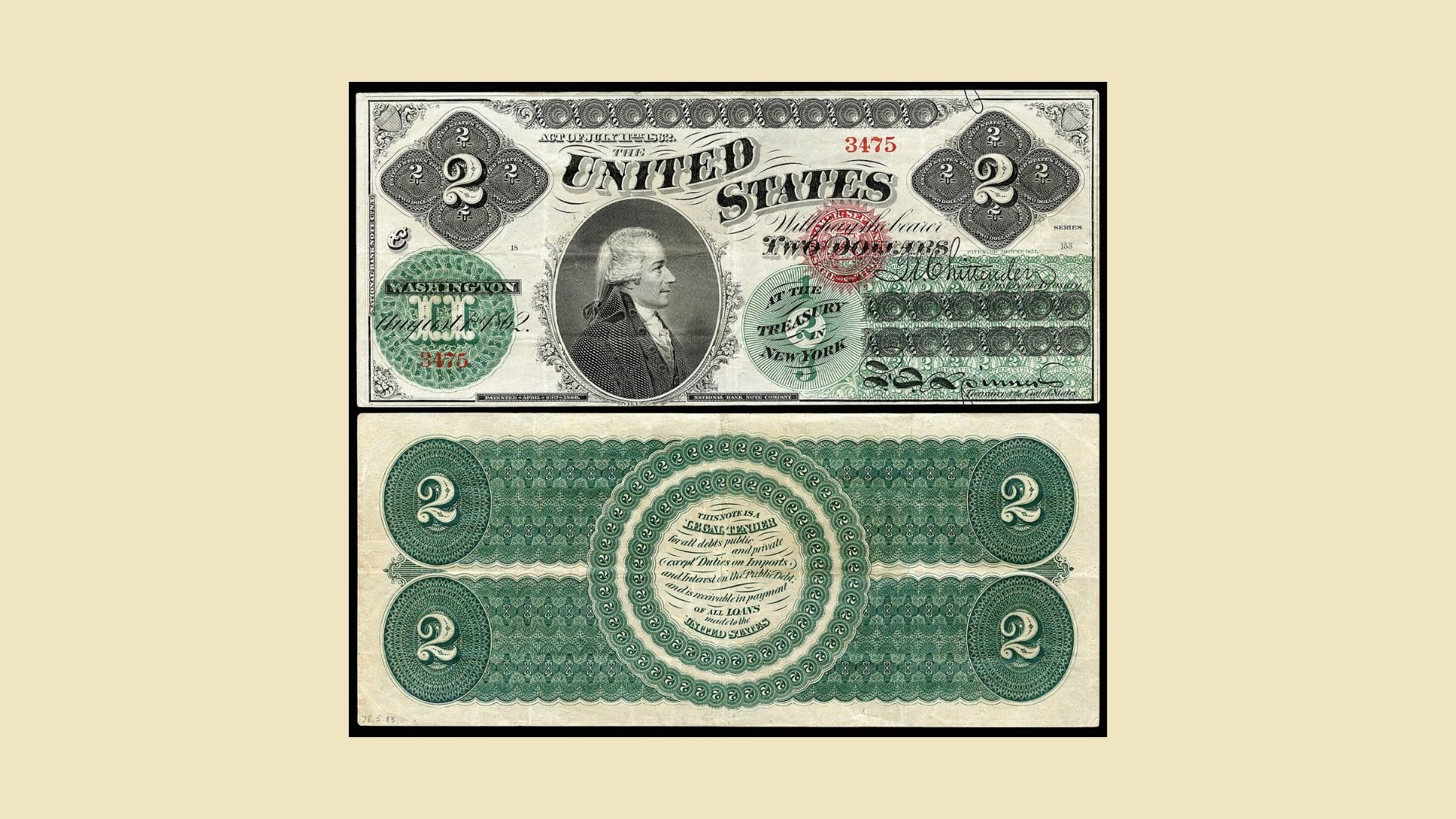
The first $2 notes are actually older than America. Continental Congress authorized the first $2 notes in “bills of credit” for the defense of American independence on May 10, 1775 (via U.S. Currency Education Program).
However, the first $2 bill was introduced to the public in 1862. The original bill had a portrait of Alexander Hamilton. This changed in 1869 when the visage of Thomas Jefferson took its place, establishing a tradition that continues to grace the bill to this very day
Recent Editions with Surprising Valuations
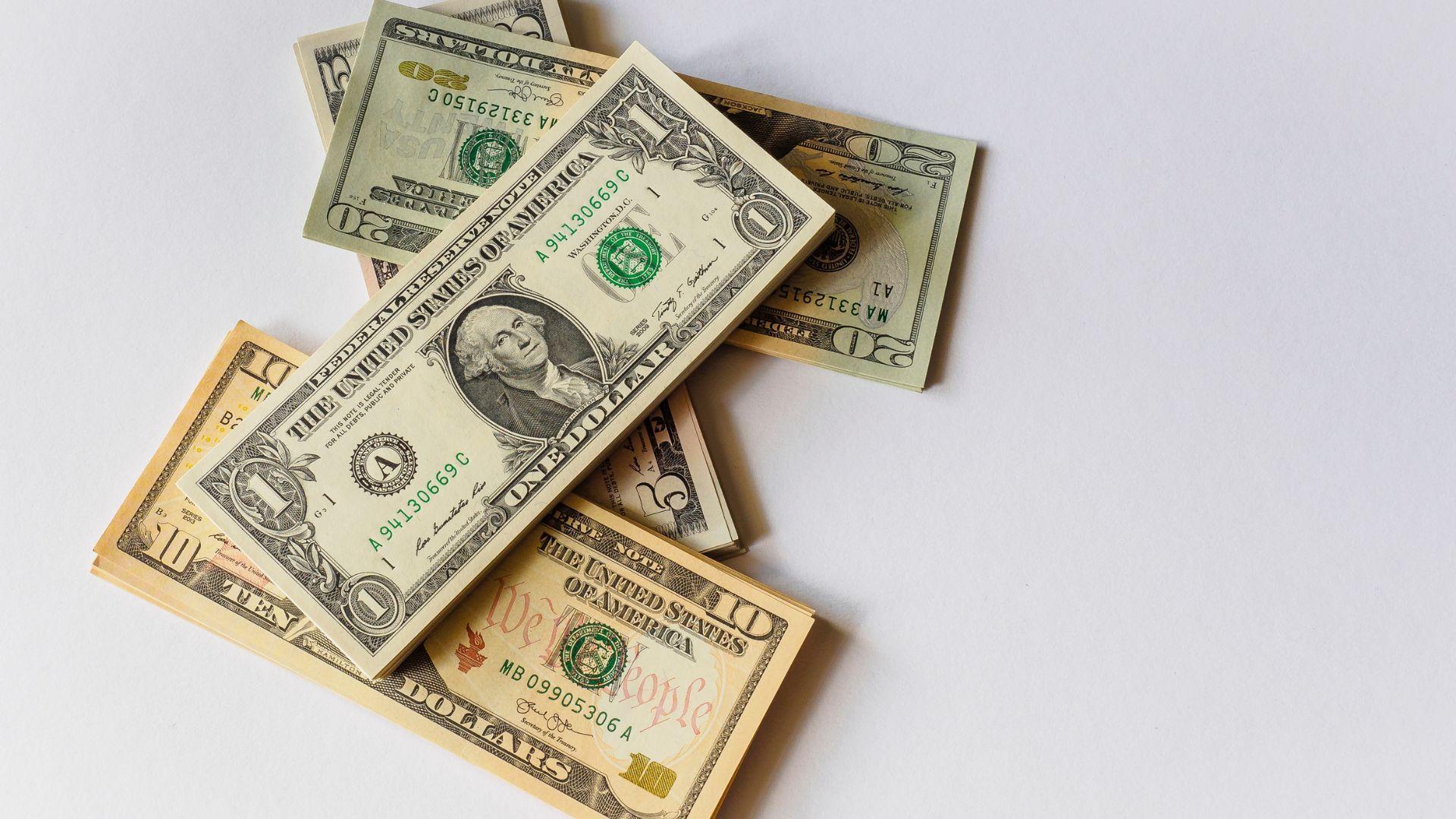
While it’s the older editions that commonly catch the eye of collectors, more recent printings, specifically those within the last 30 years, hold a significant value.
Their worth can escalate to hundreds, possibly more, if they match specific criteria sought in the collectors’ market. The serial number, date, and condition are often the criteria that professional graders consider when estimating the value of the bank note.
Discerning the Key Traits of a Valuable $2 Bill
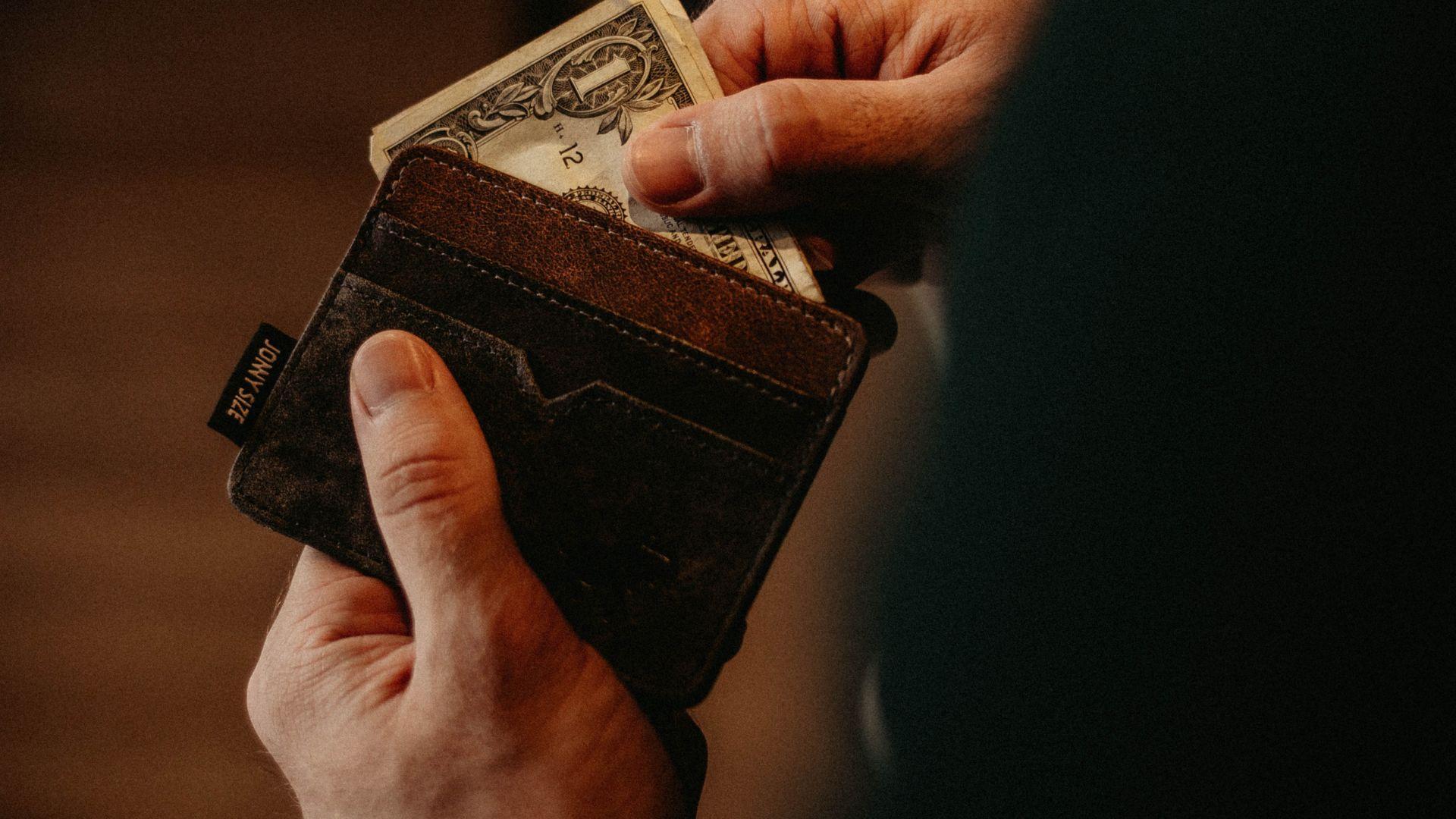
The actual worth of a $2 bill rises exponentially if it was issued before 1976. According to Johnston, “A serial number ‘1’ for a 1976 $2 bill would be worth $20,000 or more. But [for] a majority of those people holding 1976 $2 bills, they are only worth face value. There are very few that actually exceed face value.”
But the real treasures in this category are the untouched notes dating back to 1890, which in mint condition, can command extraordinary prices, going up to and even exceeding $4,500, according to Fox Business.
Understanding the Role of Seal Colors in Valuation
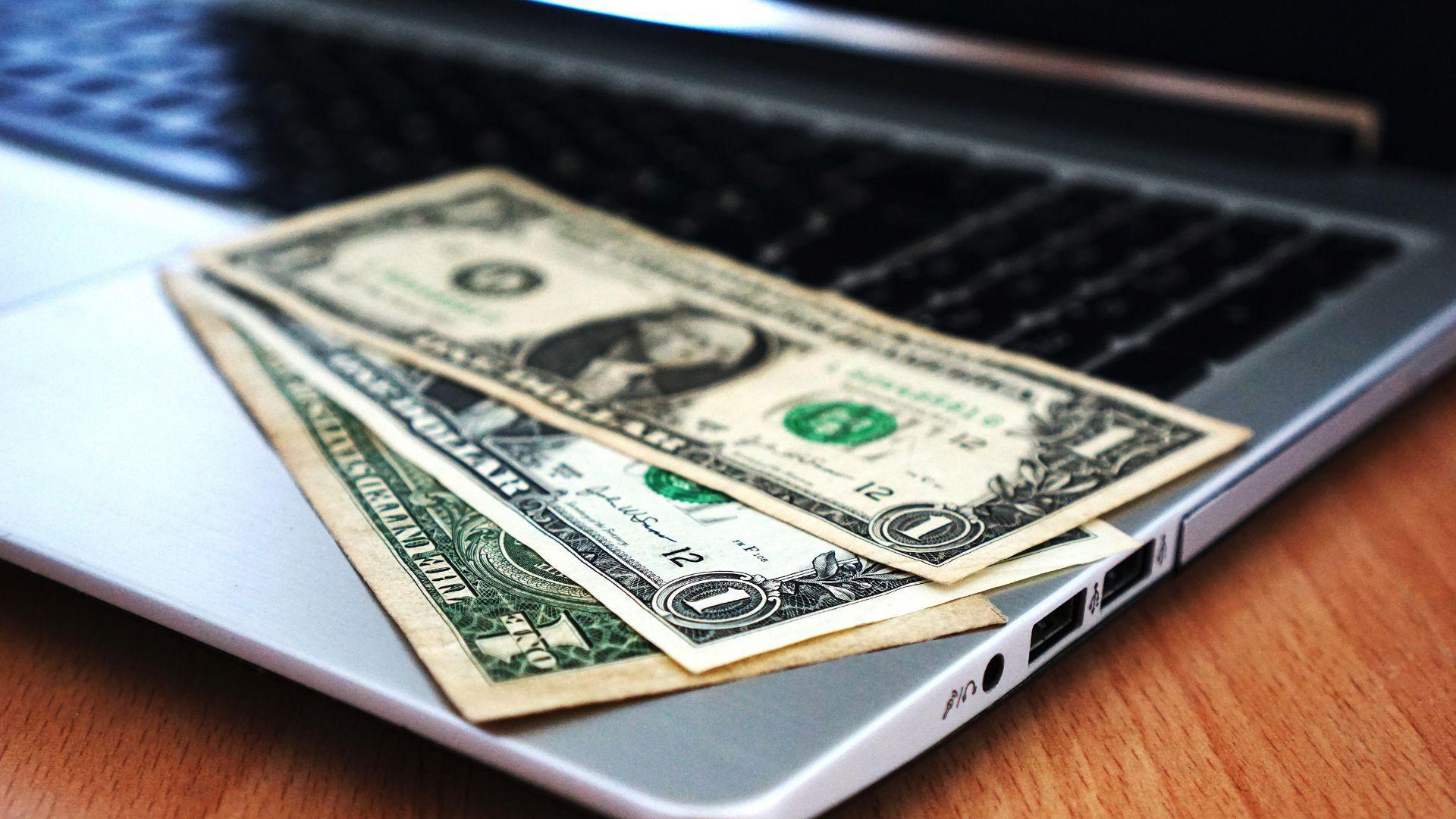
Interestingly, the color of the seal on these bills, whether red or brown, doesn’t influence their value.
Both versions can fetch equivalent prices, provided they meet other critical conditions that catapult their worth in the eyes of collectors.
Exceptional $2 Bills and Their Remarkable Worth
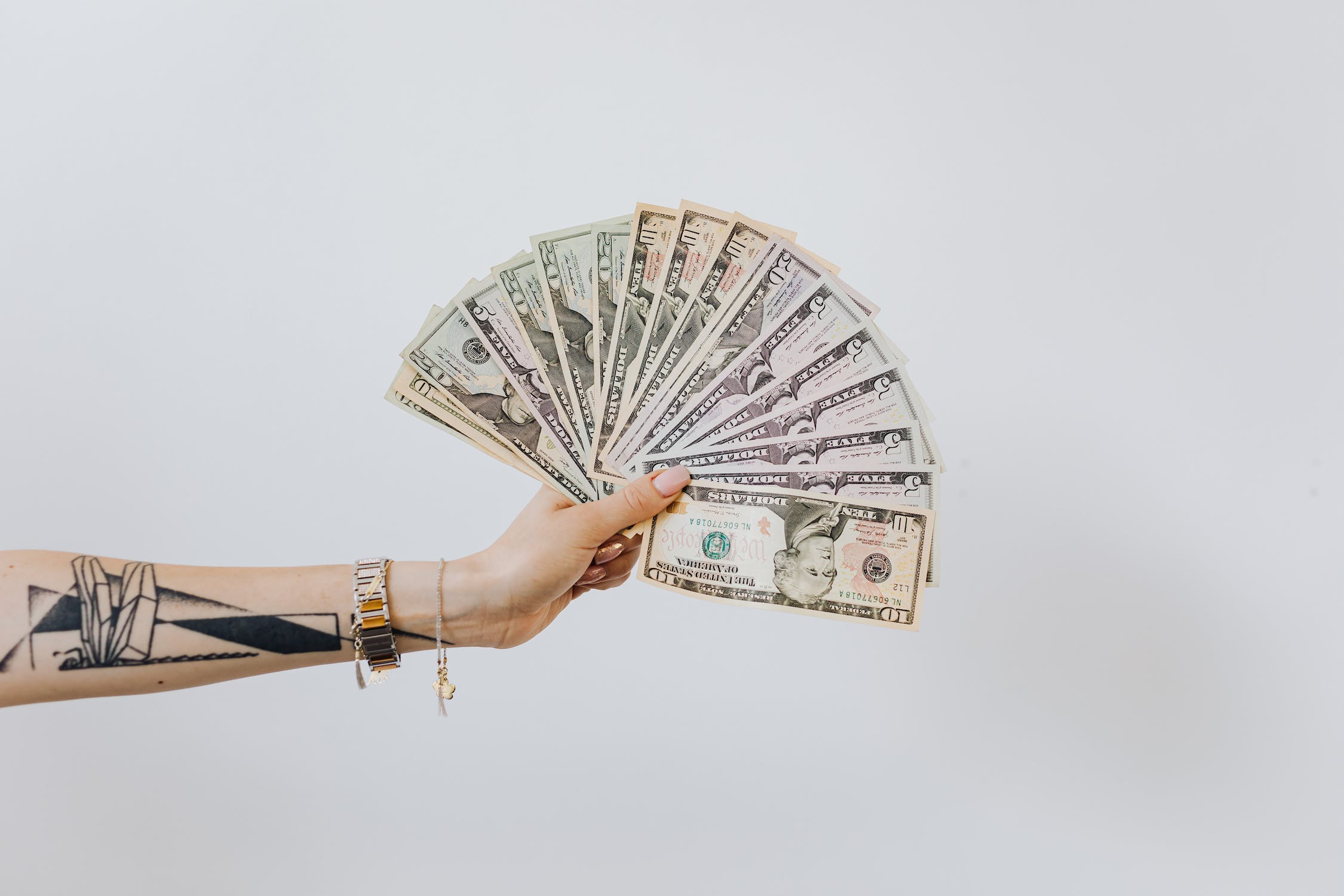
Certain editions of the $2 bill stand out in terms of value. For instance, an original, well-preserved 1862 bill can command anywhere between $500 to $2,800.
Moreover, a pristine bill from 1869 holds the potential to fetch an even greater value, possibly hitting the $3,800 mark.
Can Your Newer $2 Bills Be Worth Anything?
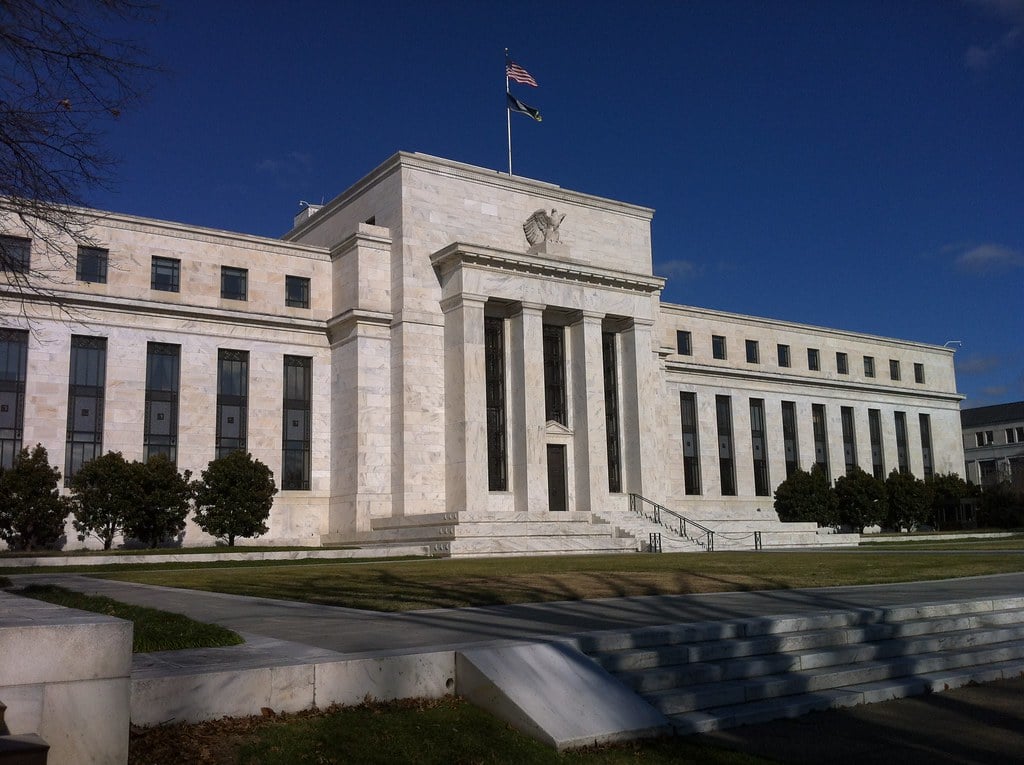
It might surprise many to learn that specific recent releases are also quite valuable. For instance, certain unblemished $2 bills from 1995 have been valued at a significant $500, according to U.S. Currency Auctions.
In addition, $2 bank notes from the 2003 premium Federal Reserve set can command upward of $700 (via U.S. Rare Currency), showcasing the potential treasure in modern editions.
A Grounded View on the General Worth of $2 Bills
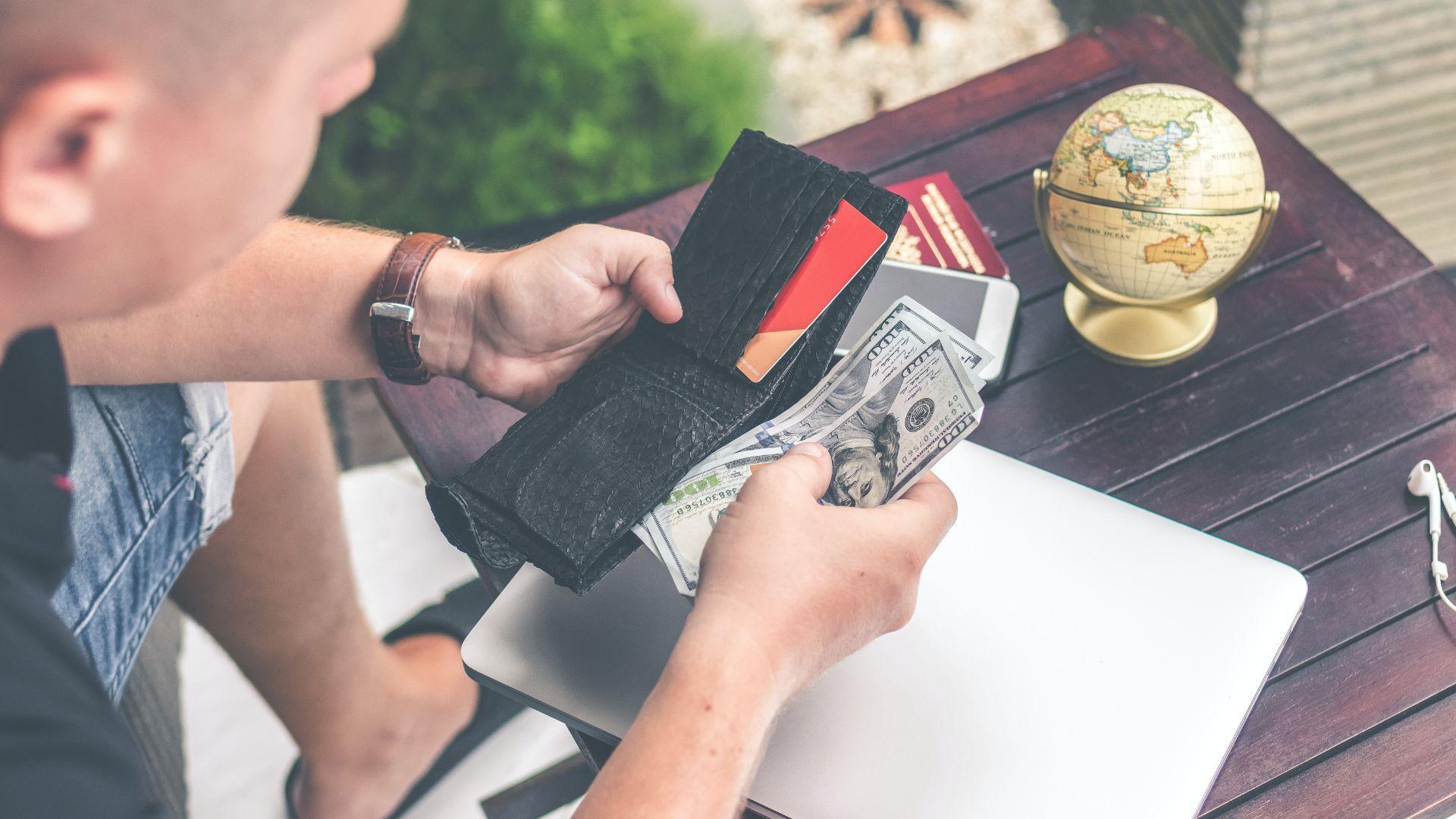
Before you spend the money to see what your $2 bill is worth, we should note that a majority of the $2 bills in circulation are valued at face value. They carry a unique charm but, for the most part, they remain a $2 bank note.
However, check out the serial number of the $2 bill. If the serial number includes what collectors call “solid” or “ladders,” which means that the numbers are either the same digit or features digits listed in an ascending order, then hold onto your bill for a while and get it evaluated in the future. It could eventually be worth it.
The Persistent Production of the $2 Bill
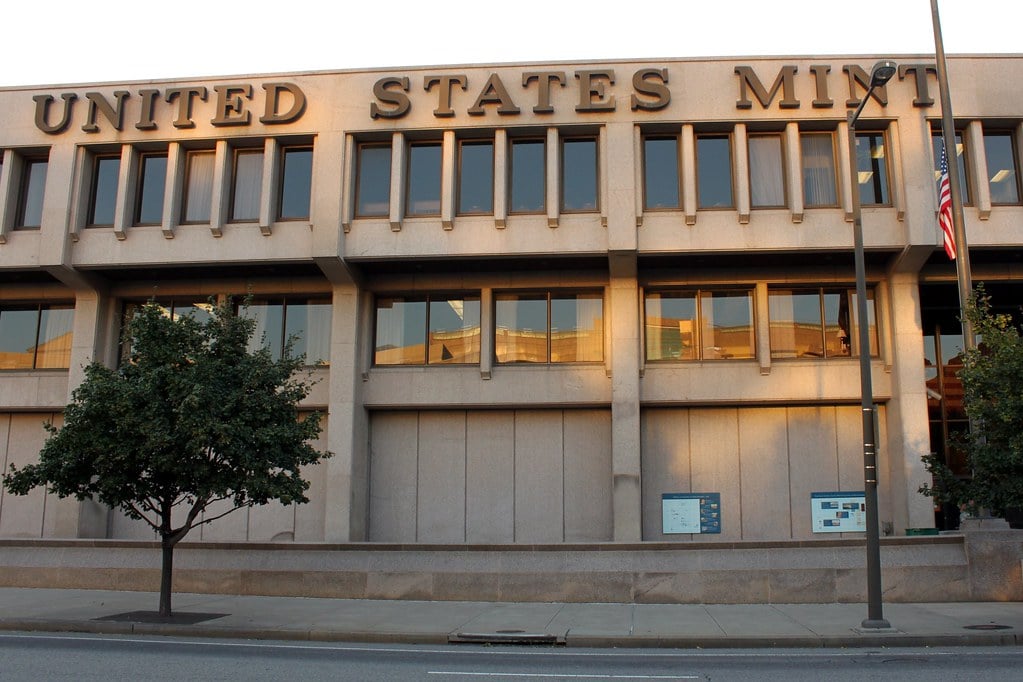
Far from becoming a relic of the past, the $2 bill continues to be a part of the current monetary system.
As recently as 2022, 108.3 million $2 bills entered circulation in 2022, indicating a sustained interest and relevance in today’s economy (via Fox 59).
Recognizing the Retail Limitation of the $2 Bill

It’s essential to remember that despite their potential value in the collectors’ market. In everyday transactions, the $2 bill will not fetch more than its designated value.
Its retail purchasing power is strictly confined to two dollars. However, the $2 bill is worth twice as much as a single dollar bill. You can either spend that $2 bill or save some cash with a few of our tips!
The $2 Bill Is a Testament to Historical Richness and Monetary Potential
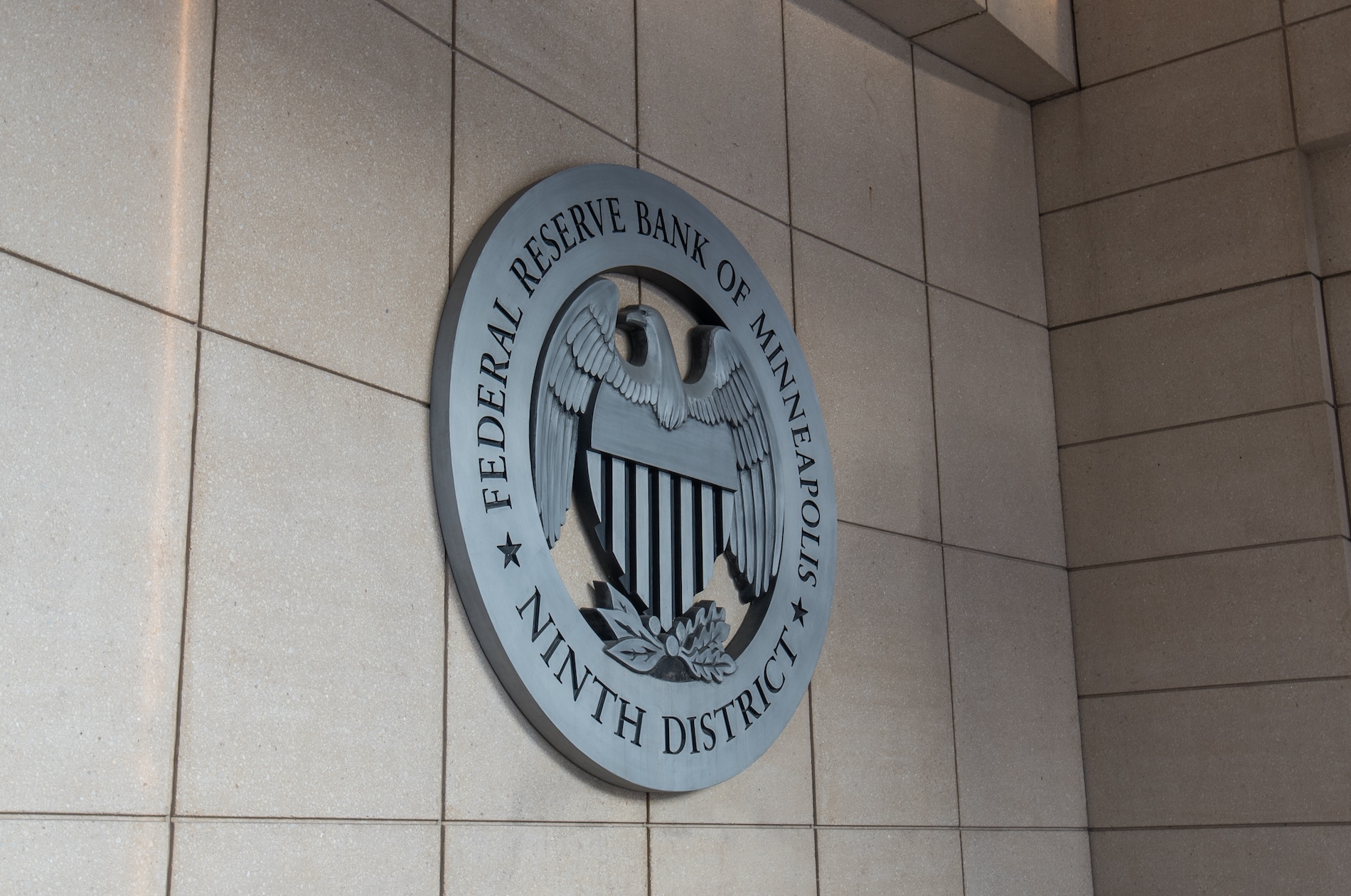
Owning a $2 bill can be more than just a minor financial transaction. It represents a slice of history and carries the possibility of significant monetary worth. Recognizing and appreciating these aspects can cultivate a deeper understanding and respect for this unique piece of currency.
While your common $2 bill might not be worth anything today, it is still fun to have a bank note that feels rare. Check the criteria to see if your $2 bill is valuable. If it isn’t, then don’t worry! You have a little extra change for your rainy day fund.
